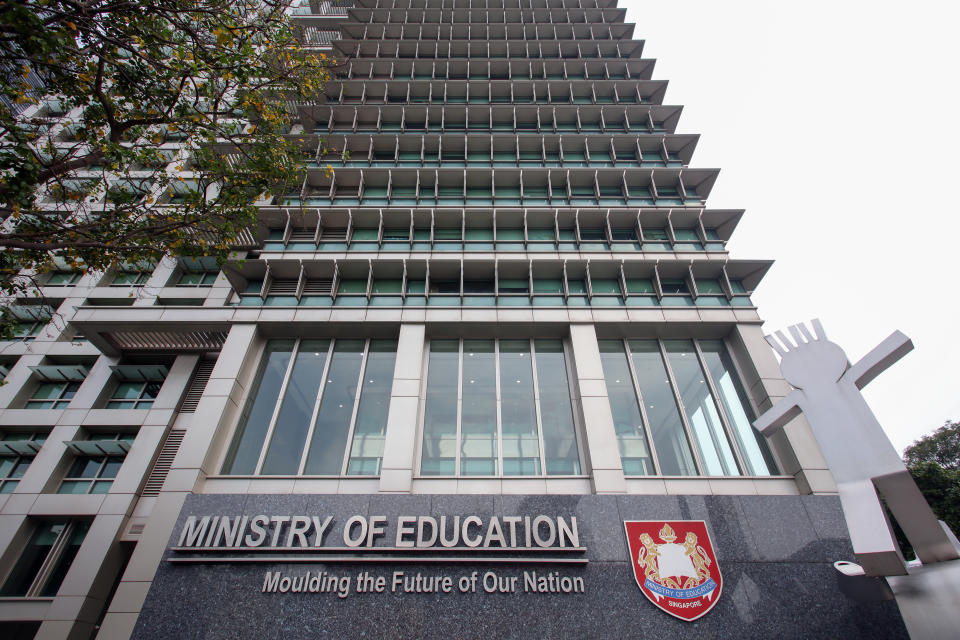Independent school fees to go down for students from lower- and middle-income families

In a move aimed at improving diversity in Singapore’s top schools, Education Minister Ong Ye Kung announced on Thursday (27 December) that independent school fees will be reduced for students from lower- and middle-income families from April 2019.
In addition, the Ministry of Education will introduce the UPLIFT scholarship, which provides an annual $800 cash award for two groups of independent school students from low-income families: Academically strong ones who are Edusave Scholarship recipients, and those who are admitted via the Direct School Admission.
Ong said on the sidelines of the Appointment and Appreciation Ceremony for Principals, “Popular schools, such as certain independent schools, are attracting a greater proportion of students from families with higher socio-economic status. So diversity in these schools has gone down over the years.
“These are significant steps we are taking to enhance the diversity of independent schools, while preserving their meritorious culture.”
Pegged against schools fees of government/government-aided schools
Under the revised fee subsidy structure, the fees payable for independent school students from lower- and middle-income families will be pegged against school fees of government and government-aided secondary schools, which currently stand at $25.
Previously, the subsidies are pegged against the school fees of the independent schools, which range from $285 to $365 per month.
For students from families with a monthly gross household income of $2,751 to $4000 – or a per capita income of $691 to $1,000 – students are currently paying between $28.50 and $36.50 per month (10 per cent of the independent school fees). Under the revised structure, they will pay $25, the equivalent of school fees of government secondary schools.
For students from families with a monthly gross household income of $4,001 to $6,900 – or a per capita income of $1,001 to $1,725 – students are currently paying between $85.50 and $109.50 per month (30 per cent of the independent school fees). Under the revised structure, they will pay $37.50, the equivalent of 1.5 times the school fees of government secondary schools.
There will be no change for independent school students in the lowest income tier (monthly gross household income of $2,750 and below, or per capita income of $690 and below), as they already enjoy a 100-per-cent subsidy for school fees.
Students in the highest income tier eligible for subsidy (monthly gross household income of $6,901 to $9,000, or per capita income of $1,726 to $2,250) will also continue to receive a fee subsidy of 33 per cent.
Addressing cost of attending independent schools
Ong highlighted the work of inter-agency task force UPLIFT (Uplifting Pupils in Life and Inspiring Families Task force), which was set up two months ago to strengthen support for students. One of the task force’s initiative is to address the cost of attending independent schools.
He said some students opt out of popular schools even though they are eligible for admission, as they are worried about out-of-pocket expenses, such as equipment for co-curricular activities or student-initiated projects.
The school fees changes will apply to eligible students of all eight independent schools – Anglo-Chinese School (Independent), Hwa Chong Institution, Methodist Girls’ School, Nanyang Girls’ High School, Raffles Girls’ School, Raffles Institution, Singapore Chinese Girls’ School and St Joseph’s Institution.
Two specialised independent schools – NUS High School and the School of Science and Technology – are also covered under the revised subsidy. However, the Singapore Sports School and the School of the Arts offer their own financial assistance schemes, and thus are not covered under the new changes.
Other Singapore stories:
No more exams for P1, P2 students from 2019: Ministry of Education
Shared bicycle users who park indiscriminately to face additional charges, ban periods


